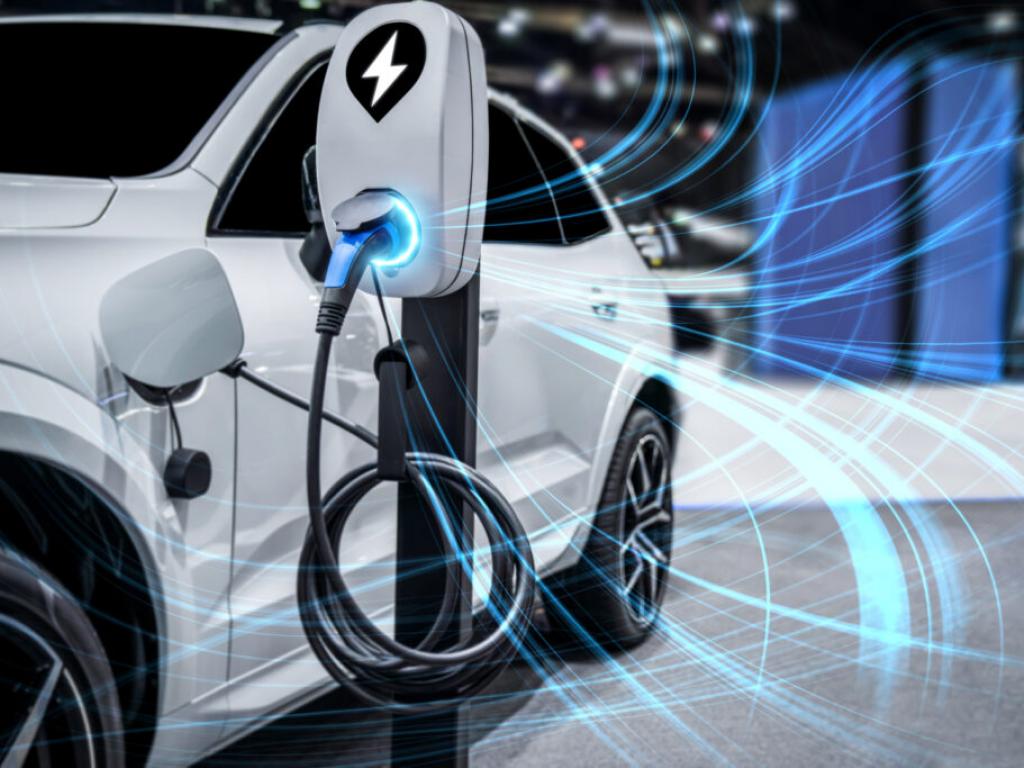European EV Makers Say Climate Goals At Risk As Electric Car Market Is No Longer Growing: 'People Just Don't Earn Enough To Buy These...'
Author: Benzinga Neuro | April 19, 2024 06:29am
The European electric vehicle (EV) market is facing a significant downturn, raising concerns about the region’s ability to achieve its climate goals. This has prompted carmakers to urge governments for more support.
What Happened: The European EV market is experiencing a sharp decline in sales, indicating that the market is not yet self-sustaining. This has raised concerns about the region’s ability to meet its climate goals, as reported by Bloomberg on Friday.
"The market is no longer growing, and the share of electric cars in the market is actually decreasing," said Mattias Bergman, chief executive officer of auto industry group Mobility Sweden.
The decrease in demand for EVs has led to a surplus, congesting ports and prompting manufacturers to scale back production. This has raised concerns about the potential impact on the region’s climate goals and the risk of job losses, following Tesla Inc.‘s (NASDAQ:TSLA) recent mass layoffs.
"People just don't earn enough to buy these cars," said Laurent Favre, CEO of French auto-part supplier OPmobility. "There's a gap between supply and demand and it's normal that the subsidies won't last forever. Reality is catching up with us."
See Also: No More Inventory Discounts On Tesla Cars As CEO Elon Musk Says Sales System Has Turned ‘Complex And Inef
According to the report, the cost of EV ownership without subsidies is no longer feasible for many consumers. Issues such as higher insurance and repair costs, limited charging infrastructure, and plummeting resale values are making EVs less accessible.
Andy Palmer, interim CEO of charging company Pod Point and former head of Aston Martin Lagonda Global Holdings Plc, expressed concern that the grants were lifted prematurely.
He noted consumer reluctance to invest more in electric vehicles (EVs), particularly given the lagging charging infrastructure. Palmer emphasized the need to reduce car costs, aiming for a $20,000 to $30,000 price range to accelerate EV adoption.
"Consumers in Europe are lost right now as governments change the rules for EV subsidies too often. What is badly needed is some continuity in the rules in the run-up to 2035," Alexandre Marian, partner and managing director at consultancy AlixPartners.
Why It Matters: The European EV market’s struggles come in the wake of the region’s ambitious plan to phase out sales of new combustion-engine cars by 2035. However, the current market conditions and consumer sentiments are casting doubt on the feasibility of this plan.
The European EV market’s struggles come amid a backdrop of increasing competition from Chinese automakers. Tesla’s growth in Europe was recently outpaced by Chinese automaker SAIC Motors, raising questions about the future of the European EV market.
Meanwhile, the expansion of Chinese EV makers in Europe has prompted European automakers to consider tough decisions to remain competitive. The recent decline in EV sales in Europe reflects the challenges faced by major automakers like Volkswagen (OTC:VWAGY) and Stellantis (NYSE:STLA), according to the report.
Read Next: Tesla Analyst Says Expect ‘Fireworks’ Into Shareholder Meeting After EV Giant’s Proxy Filing: ‘Clock Has
Image Via Shutterstock
Engineered by
Benzinga Neuro, Edited by
Kaustubh Bagalkote
The GPT-4-based Benzinga Neuro content generation system exploits the
extensive Benzinga Ecosystem, including native data, APIs, and more to
create comprehensive and timely stories for you.
Learn more.
Posted In: STLA TSLA VWAGY





